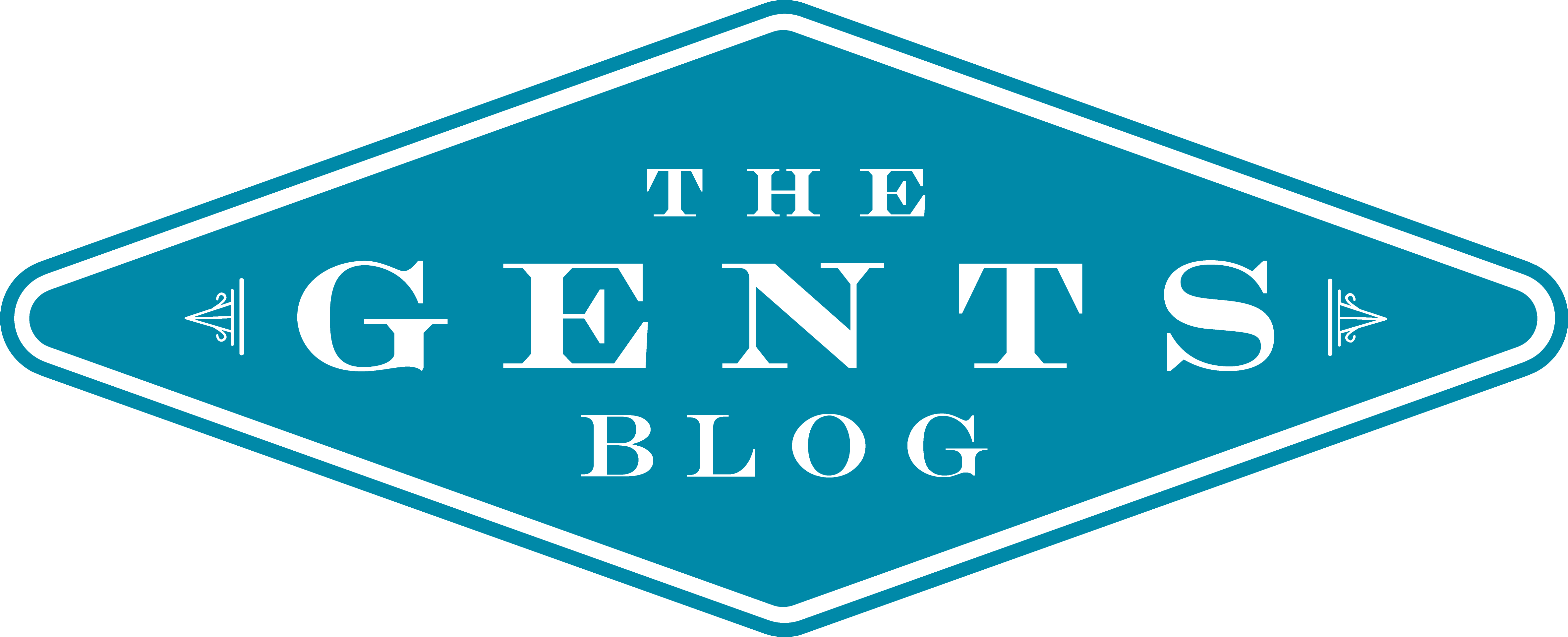Today’s article is a guest post from the founder of The Orderly Gent.
I meet a lot of men who have genuine and healthy concerns about how they present themselves and conduct their affairs. Men who have well thought-out reasons for why they do what they do, and who have an innate desire to improve, both personally and professionally.
In working with my clients, it’s also clear that this current professional culture is rapidly becoming more welcoming of unique contributions to the marketplace. An idea that adds value to another person’s life, when intentionally and appropriately placed in a commercial environment, will succeed.
These are two very good things. The sum total should be fantastic, right? It is, if (and only if) you can overcome one major, and very real, obstacle.
If you’re an executive, you’re looking for ways to irrigate further into your target demographic the influence you’ve worked so hard to establish, and to not only withstand but also learn from the continuous waves of new ideas and healthy competition.
If you’re a bit lower on the totem pole, you’re looking for ways to set yourself apart as a game-changer within your field, who can hold his own in a cutthroat world.
No matter your position, the pace and stress of this modern age often have us focusing only on the here-and-now, the “upper level,” the things that feel most urgent, while the small, daily habits that actually have the power to change our trajectories in amazing ways remain unobserved, and we’re none the wiser.
The truth is, countless quantities of energy, time, and money are wasted due to a lack of organization, and a lack of efficiency when it comes to our calendars.
That’s why it has become a prerequisite that we develop an organized approach to our personal and professional lives (which really are inseparable), and certainly that we use time as wisely as possible.
So, in the spirit of leveraging small things for big gains, I’d love to offer some simple, practical pieces of advice you can apply to your life today that will not only boost productivity, but strengthen the very foundations from which you do business.
- Make a list of areas in your home or office that are in need of decluttering and reorganization, rank them from lowest to highest need, and begin with the lowest. Start small to gain confidence and momentum. (You may even want to break each area down into smaller projects.) Even if it’s just setting aside five minutes at the end of each day, your spaces will soon become far more inviting, inspiring, and efficient.
- Set weekly reminders for household and personal upkeep – sweeping the floors, deleting old e-mails, cleaning out the refrigerator, trimming the beard, etc. (Use your smartphone’s native capability.) Instead of being reminded of a certain task when it becomes too pressing to ignore, you’ll be saving the time you would’ve spent rerouting your day by having a designated time for its completion.
- If you’re a family man, hold a weekly family meeting to discuss goals, appointments, concerns, etc. (Also, create a shared calendar on iCal or Google Calendar to avoid conflicts.) Face time with those closest to us is imperative if we’re to remain true to what’s most important to us. Regularly devote half an hour or so each week to this, and watch how your perspective changes.
- Adopt a “one in, one out” policy. T-shirts, shoes, office supplies, cookbooks, tools… When something new enters the picture, donate, recycle, or throw out the old. This guarantees that your surroundings hold fast to their best style and functionality, and it keeps you in control of your possessions (and not the other way around).
- Delegate unnecessary tasks to others in your life that are able and happy to accommodate. Jot down the tasks that you dread doing or that don’t play well to your strengths, and unless something is absolutely unavoidable, ask or hire someone else to accomplish them. Bringing the right people to the table and utilizing their unique strengths is one mark of a leader. (Remember to return the favor, as well.)
- Invest in quality, especially when it comes to clothing, technology, and kitchen items. Higher quality generally means better construction, durability, and functionality. It’s simple math; the longer you can use an item, the less you will have paid per use. Buck the trend of consumer America, and apply some conventional wisdom to higher-end shopping. (Plus, doing so also fosters appreciation and teaches careful maintenance.)
- Have one set location at home and at work for your keys, phone, wallet, and other items you carry on your person. Make the in-transit moments of your day flow smoothly so you’re spending more time doing and less time looking. (Make sure these spaces are secure.)
- Create spaces for fluid items, such as incoming/outgoing mail, rented books and movies, and anything you need to return to anyone. (It might be best for these to be creatively kept near an entrance/exit.)
- Learn to write thank-you notes. Not only does this value the recipient, but it cultivates the practice of “recognizing meaning -> responding with intentionality.” (It also fosters the lost art of penmanship, formerly considered a staple of a virtuous man.)
Actualizing our potential (professionally, creatively, financially, you name it…) doesn’t happen by making huge and immediate adjustments. It’s built on the backs of small, day-in and day-out routines that, over time, accumulate into an unstoppable force of productivity and purpose.
I have no doubt that adopting these practices (and others like them) will soon begin to level-up your approach to daily life and work in exponentially impactful ways.
In other words, just keep a copy of The Tortoise and the Hare nearby.
—
Micah Peacock is the Founder of The Orderly Gent, a professional organizing and time management service that helps executives and entrepreneurs pursue values-based organization and productivity.



